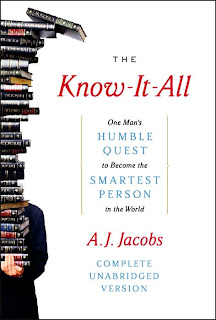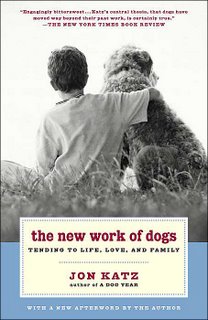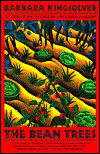
written by Geraldine Brooks
I got all crazy about this book almost from the moment I picked it up, and I started telling everyone how great it is. Then I got to the ending and I wished I hadn't been quite as evangelistic about getting everyone to put this on their next-to-read list. Don't get me wrong, it's still an amazing book, and Geraldine Brooks (alas, no relation) is an amazing writer. But I won't mince words here: I hated the ending.
The book is definitely fiction, but it's based on the true story of the villagers of Eeyam, a hamlet in the English countryside which was nearly decimated by the Plague in the mid-1600s. The town voluntarily quarantined itself when it became apparent that the contagion was running rampant in their village. An estimated two-thirds of the villagers ended up dying.
The story's told by a widow named Ann Frith. Already struggling to care for her home and her children after her husband is killed in a mining accident, she endures wave after wave of additional and profound loss as the Plague takes hold of her community and courses through the village. Her heroism, though, is unmatched — except perhaps by the town rector and his wife. The three of them tirelessly care for those who are sick, dying, or mourning, risking their own health in the process.
For three-fourths of the book, I could not get enough of the story. Even though it sounds depressing, the character development and story line were totally riveting. The three main characters — Anna, the rector, and the rector's wife — though heroic, were also human and believable. I loved the author's portrayal and her use of language. It was amazing.
Then comes the ending. In a bizarre turn of events, (spoiler warning!) just as the death toll finally stops and the village is about to declare itself Plague-free, the rector's wife ends up murdered by a crazed villager, the rector turns near-catatonic and completely gives up his faith, and Anna skips town with another woman's illegitimate baby to make a new life for herself in — get this! — the harem of an Algerian Muslim! It's almost like a different author altogether penned the last 60 or 70 pages of the book!
At first I thought "oh, I'm bugged by the ending because it's sort of a slap in the face to any sort of Christian virtue that was evident in these characters' lives earlier in the book." But you know what - that's not quite true. In fact, I'm totally okay with books about murderers and heathens and illegitimate babies and harems and all the rest ... those sorts of things are, after all, often important and illuminating parts of compelling novels. But not in this book. The ending was such a disappointment that finishing this book ended up being a hollow experience indeed.
































